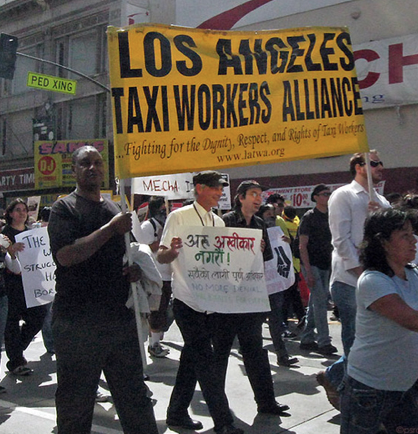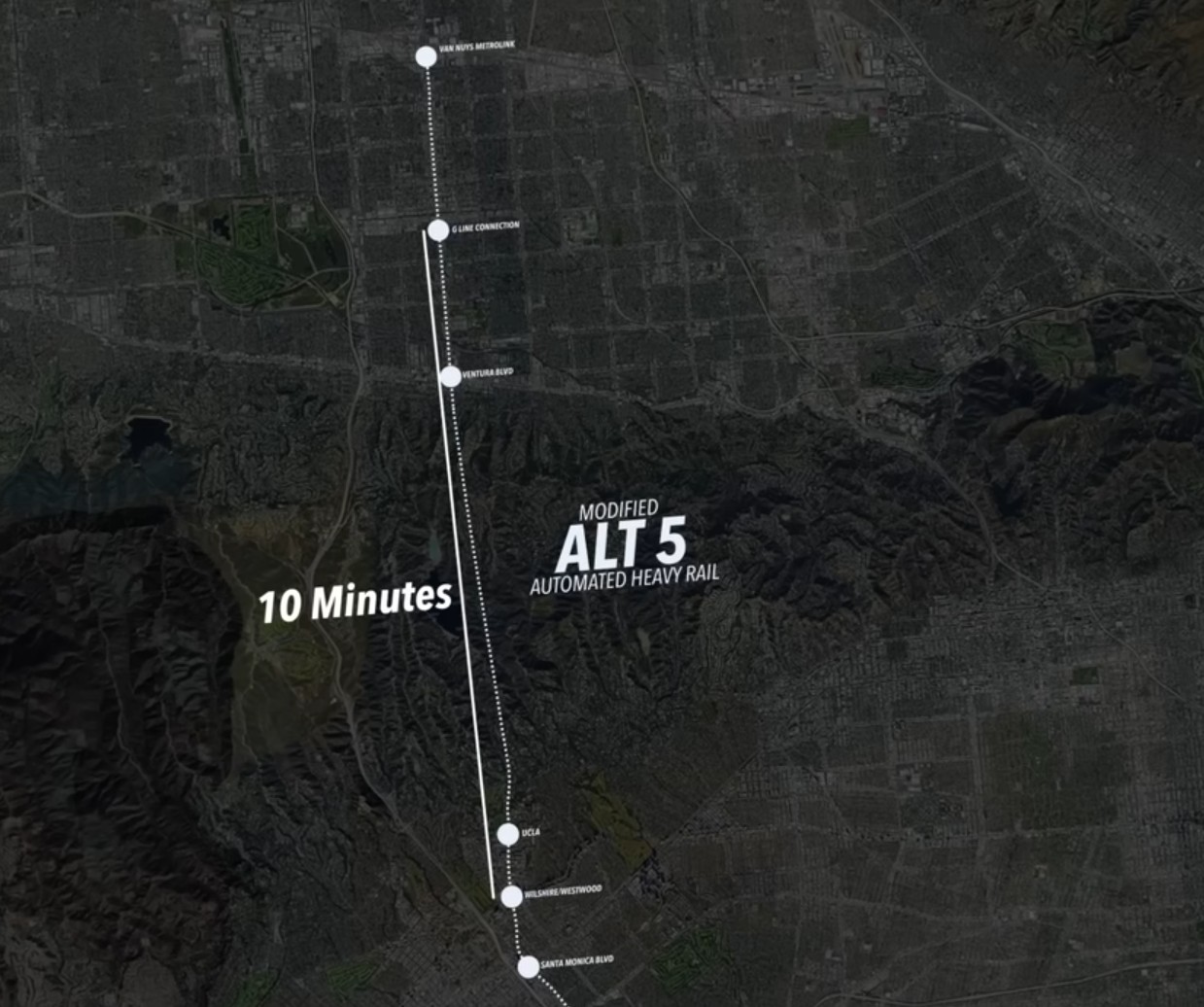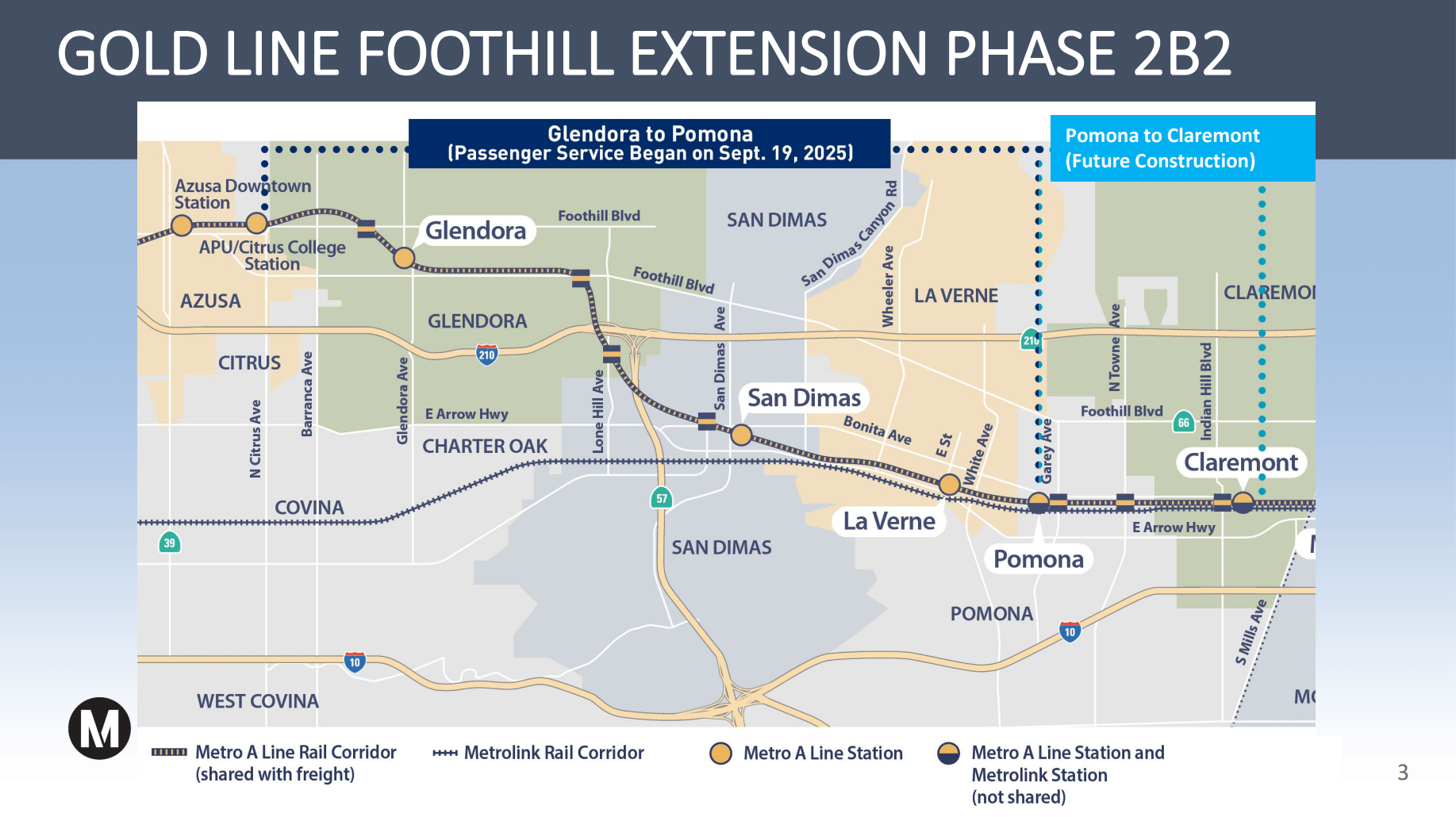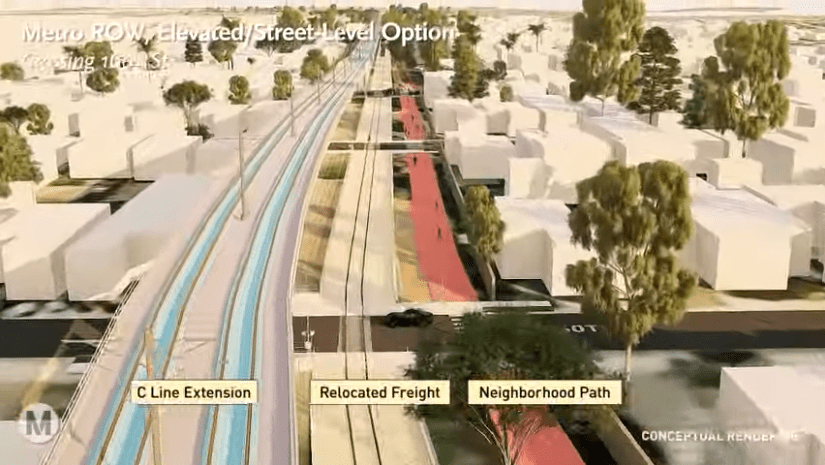Yesterday, the Los Angeles City Council, in a unanimous vote after no debate, approved a ten year contract for Authorized Taxicab Supervision Inc. (ATS) to continue to oversee the 2,300 taxi cabs that access the airport. The Council's unanimous approval for such a long-term contract is something of a surprise when you consider a 2007 report by then-Comptroller Laura Chick that blasted ATS' management, Los Angeles World Airport's (LAWA) oversight of the existing contract and the opposition of the Taxi Workers' Alliance.

While the mainstream press is focused on the increase in fares that taxi's will face to access the airport for pick-ups, up to $4 from $2.50, the 2007 report raises many other questions. For the record, the increased fees can be passed on to riders, which has led to such informative headlines as "You'll Now Pay $4 Just to Step Into a Taxi at LAX, Thanks to the L.A. City Council."
But to understand the concerns about renewing the contract with ATS for such a long period of time, we first have to understand what ATS is. In response to a chaotic situation with cabs accessing the airport two decades ago, the head of the nine accredited taxi companies in Los Angeles formed ATS and entered into a contract with LAWA to manage taxi access. ATS was permitted to charge taxis to pay a $2.50 entrance fee to leave a waiting lot to access the terminals. ATS only exists to manage this contract with LAWA, without it they don't exist.
In 2007, Chick's office released a scathing report of ATS which basically called them out for being either incompetent or corrupt. Charges that the agency broke laws by paying, or bullying, drivers not to report injuries, "excessive" fees and salaries for employees, verbal contracts for large fees with vendors and unapproved subleasing of LAWA property. The report is ugly, and while LAWA and ATS both claim that they're working on addressing Chick's concerns, it's hard not to feel that the Council's failure to discuss and debate before signing off on another decade of ATS management.
Or, as the Taxi Workers' Alliance told the Los Angeles Times before the vote:
"We are very upset and deeply disappointed that the city is again rewarding corruption," said Hamid Khan of the Los Angeles Taxi Workers Alliance, who called for a criminal investigation into alleged wrongdoing by the firm.
Another major concern expressed by Chick is that the process of rewarding this lucrative contract in a single-bidder process does not maximize the city's profits nor guarantee the best experiences for taxi drivers or passengers.
For all recommended sole source awards, the contracting agency must justify why a competitive selection method is not feasible. The reason why LAWA has not competitively bid the oversight of taxicab operations at LAX is that LAWA views the ATS Agreement as unique, and that only ATS has the requisite skills to perform this service.
There appears to be an assumption that only ATS, who constructively has authoritative oversight of all general taxicab operations (by virtue of having its Board comprised of presidents of all nine authorized taxicab companies), can effectively manage taxicab operations at LAX. However, we make a distinction between controlling the entry of taxicabs onto City (LAX) property for the purpose of picking up fares, as opposed to regulating and enforcing general taxicab operations. We believe that the contracted scope of work for this function should be assessed for potential competitive selection.
This time around, LAWA talked to four companies, and deemed ATS's proposal to be the superior one. However, given the harsh words for LAWA in Chick's report, many expected that the Council would vigorously examine this claim. By not at least asking "is this really the best deal?" at the full Council hearing, they're either showing a lot of faith in their Committee process or were derelict in their duty to protect the public interest, millions of taxi passengers and thousands of taxi drivers.






